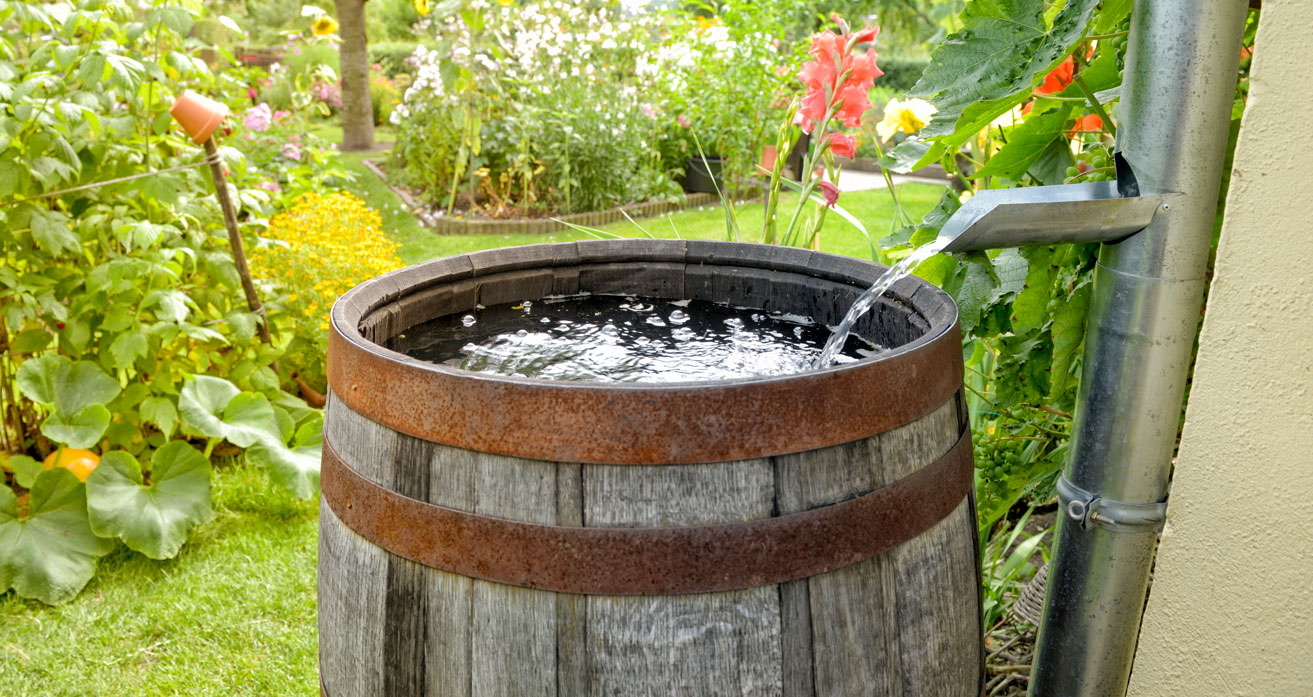Collect rainwater and potentially decrease your water bill
Why have rain barrels become popular when we don’t get that much rain in Colorado?
What’s the point?
It’s hard not to notice summers are getting hotter and dryer. Just ask a longtime resident — like me. In my youth, temperatures rarely hit the 90s, and 100 was unheard of. We always counted on afternoon thunderstorms to cool things down. Not so much anymore.
Warnings of drought conditions have become more frequent, and rain patterns seem more erratic. Can rain barrels really have much impact in the larger scheme of things? One barrel is almost a token gesture. But imagine the possibilities if everyone had one for their garden.
As rainwater hits your roof, it flows into the gutter and through the downspout where it’s collected over time in a 40- to 60-gallon barrel. Stored rainwater can be applied later to lawns and gardens or used for other purposes during dry spells. A sealed lid keeps mosquitoes out.
Conserving water pays off during droughts when water usage and water bills typically increase.”
Planting mosquito-repelling citronella, peppermint, and eucalyptus nearby may act as an additional deterrent. An overflow valve keeps the barrel from overflowing and directs water away from your home’s foundation. A garden hose can be attached to a spigot at the bottom of the barrel for drip irrigation or for filling water cans.
Rainwater shouldn’t be used for drinking, cooking, or bathing because it collects bacteria and other contaminants as it falls.
Every gallon of water you collect is one less gallon you need to buy. Conserving water pays off during droughts when water usage and water bills typically increase. During periods of heavy rain, it’s a good idea to empty barrels between storms. Water in barrels can freeze, so always empty them when temperatures drop below freezing, and disconnect them for the winter to avoid damage.
Although rain barrels are legal in Colorado, your HOA, city, or county may impose restrictions or prohibit them. It’s a good idea to check local ordinances before making the investment.
Master Gardener Vicki Spencer has an eclectic background in conservation, water, natural resources, and more.
Read previous gardening columns at www.coloradocountrylife.coop.

